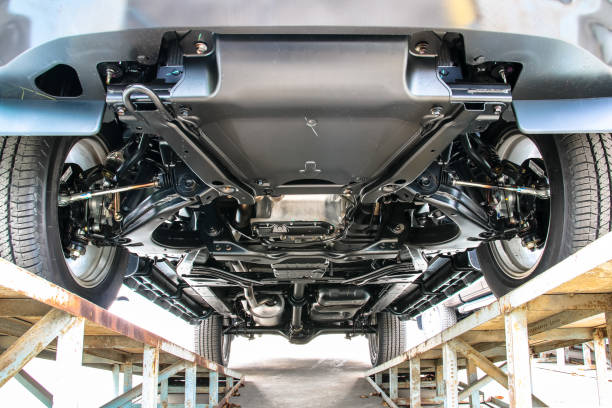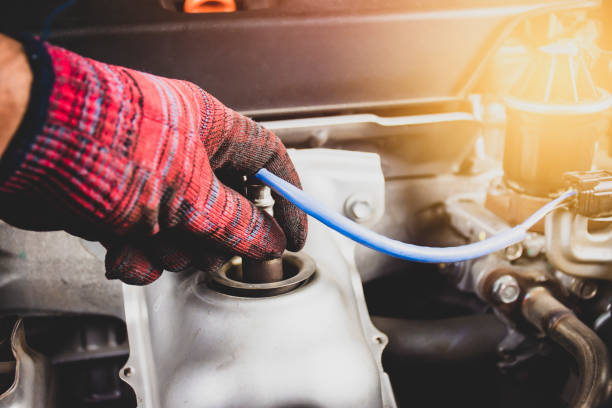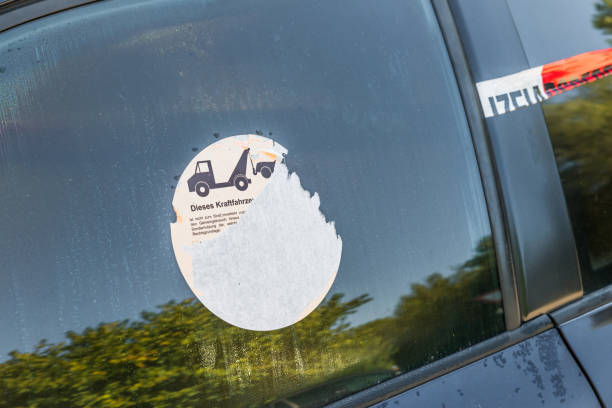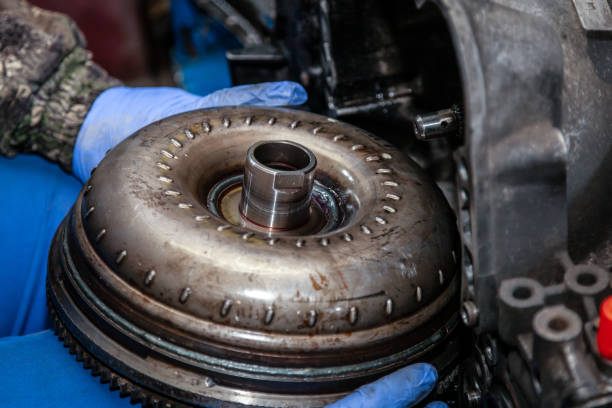
A bad torque converter can cause a range of problems for your vehicle, from minor inconveniences to severe mechanical issues. In this guide, we’ll explore what a torque converter is, the common signs of a bad one, what might cause it to fail, and how to address the issue effectively.
Understanding the Role of a Torque Converter
Before delving into the problems associated with a faulty torque converter, let’s understand its role in your vehicle.
The Function of a Torque Converter
A torque converter is a crucial component in automatic transmissions. It’s responsible for transferring engine power to the transmission. In simple terms, the torque converter allows your car to stop without stalling the engine and helps your car accelerate smoothly from a stop.
Inside a Torque Converter
A torque converter consists of several components: the impeller, turbine, stator, and transmission fluid. The impeller is connected to the engine and spins the transmission fluid. The fluid then spins the turbine, which is connected to the transmission. The stator redirects the fluid from the turbine back to the impeller, creating a continuous loop that efficiently transfers power.
Recognizing the Signs of a Bad Torque Converter
A failing torque converter can manifest in several ways. Here are common symptoms to watch out for.
Slipping
One of the most common signs is slipping, where the car seems to change gears for no apparent reason. This can be due to a damaged or worn-out torque converter not transmitting enough hydraulic fluid.
Overheating
A bad torque converter can cause your transmission to overheat, often indicated by a warning light on your dashboard.
Shuddering
A shudder or vibration felt while driving, especially at around 30-45 mph, could suggest that your torque converter has a problem.
Increased Stall Speed
A failing torque converter may cause the engine’s stall speed to increase. This means your engine RPM will be higher than usual before your car starts moving.
Unusual Sounds
If you hear strange sounds like grinding or clicking coming from your transmission, it could be a sign that your torque converter is failing.
What Causes a Torque Converter to Fail?
The health of a torque converter can be compromised due to several reasons.
Worn-out Bearings
The bearings inside the torque converter can wear out over time, leading to mechanical issues.
Damaged Stator
The stator can become damaged or stop working, reducing the efficiency of power transfer.
Insufficient or Dirty Transmission Fluid
Without enough transmission fluid, or if the fluid is contaminated, the torque converter might not work properly.
Factory Defects
In rare cases, a torque converter might have defects from the factory, causing it to fail prematurely.
Fixing a Bad Torque Converter
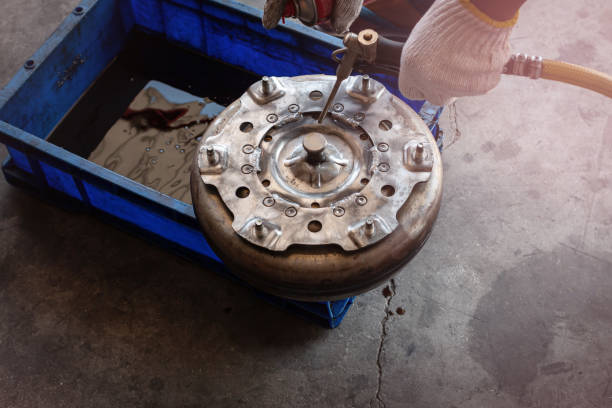
Addressing a faulty torque converter is vital for your car’s overall health. Here are steps to tackle the issue.
Diagnosing the Problem
If you’re experiencing any of the symptoms above, it’s essential first to confirm that the torque converter is at fault. This often involves a process of elimination, checking other potential issues like the transmission itself, engine problems, or issues with the drivetrain.
Repair or Replacement
In many cases, a faulty torque converter will need to be replaced. This task should be left to professional mechanics, as it involves dealing with the transmission, a complex and vital part of your car.
Preventative Measures
To prevent future torque converter issues, regular maintenance of your vehicle is essential. Regularly change your transmission fluid and filter, and ensure your engine is in good running order to prevent excessive strain on the torque converter.
Conclusion
Understanding the role, symptoms, causes, and fixes for a bad torque converter can help you maintain your vehicle’s health and longevity. Always seek professional help if you’re unsure, as dealing with transmission-related problems can be complex and challenging. Regular maintenance is key in preventing such issues and ensuring your vehicle’s smooth operation.





